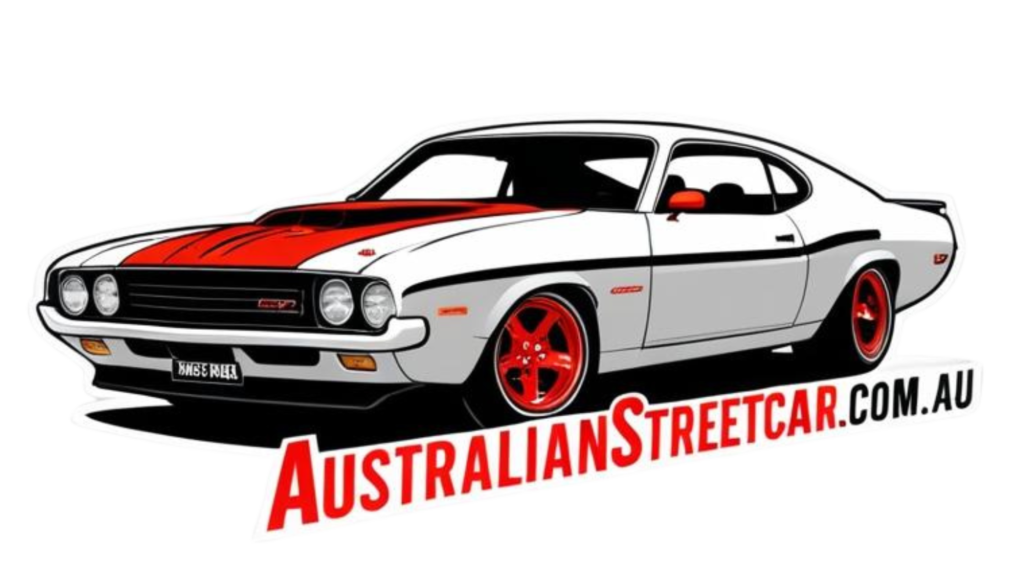Lamborghini, the renowned Italian supercar brand, has announced its decision to steer clear of future large international motor shows. This move, as reported by AutoCar UK, marks a significant shift in Lamborghini’s marketing strategy.
In an interview, Lamborghini’s chief marketing and communications officer, Katia Bassi, emphasized the brand’s pivot towards personalized events that directly engage customers. Bassi highlighted the importance of fostering intimate relationships with customers, a strategy that diverges from the traditional motor show format.
According to Bassi, the evolution of digital platforms and social media has reshaped the automotive landscape, rendering conventional motor shows less relevant. Lamborghini now plans to focus on tailored experiences such as exclusive tours, driving programs, and lifestyle events that resonate with their discerning clientele.
If Lamborghini stays true to its word, the striking Lamborghini Sian FKP 37 unveiled at the 2019 Frankfurt Motor Show could be the brand’s final showcase at a conventional auto exhibition. This decision by Lamborghini to eschew motor shows could potentially signal a broader trend in the industry.
The declining allure of international motor shows has been evident in recent years, with escalating costs and dwindling exhibitor numbers posing challenges to the viability of these events. Lamborghini’s withdrawal from traditional motor shows adds to a growing list of marques that have opted out of these showcases due to financial considerations.
Even before the onset of the COVID-19 pandemic, major brands like Audi, BMW, and Mercedes-Benz had already announced their absence from key motor shows. The shifting dynamics of the automotive landscape have prompted industry players to explore alternative avenues for engaging with consumers beyond the confines of traditional exhibitions.
Historically, motor shows have served as platforms for automakers to unveil new models and technologies to a captive audience. However, the advent of digital platforms has democratized information dissemination, challenging the relevance of conventional showcases.
The Australian automotive landscape has also witnessed the waning influence of international motor shows, with the last such event held in 2008. Subsequent cancellations underscore the broader challenges faced by these exhibitions in a rapidly evolving industry.
As automakers like Lamborghini recalibrate their marketing strategies to align with changing consumer preferences, the future of motor shows hangs in the balance. The industry’s pivot towards personalized experiences and digital engagement signals a paradigm shift that could redefine how brands interact with their audience.
With Lamborghini’s exit from traditional motor shows, the automotive industry faces a pivotal moment of introspection, prompting stakeholders to reassess the efficacy of conventional exhibition formats in an increasingly digital and customer-centric landscape.
📰 Related Articles
- Traditional Motor Shows Face Uncertain Future Amid Industry Shifts
- Traditional Motor Shows Face Uncertain Future Amid Digital Shift
- Petrochemical Industry Shows Signs of Stability Amid Market Shifts
- Nissan Frontier Plug-In Hybrid Ute Unveiled at Auto Shanghai Motor Shows
- How Ron Skinner & Sons Navigates Motor Shows Approval Amidst Fire Aftermath






